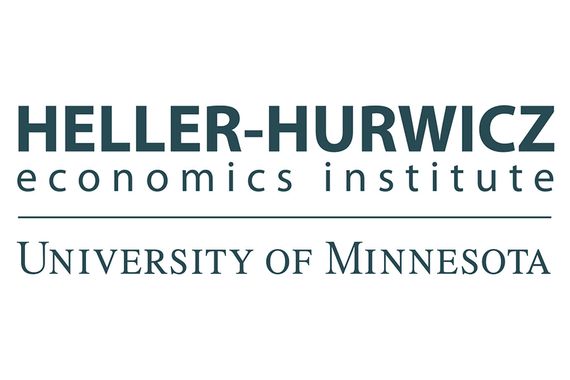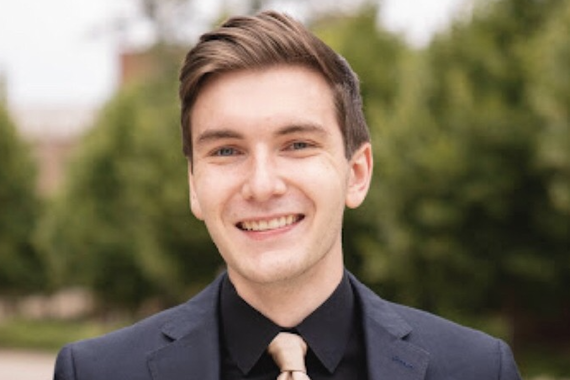NEW RESEARCH: Increasing College Attainment and Aging
With increasing longevity and decreasing fertility rates, the ratio of the population 65 and older to the population that is 20 to 64 years old in the United States is projected to increase from about 20 percent in 2005 to more than 50 percent by 2100 according to estimates by the United Nations. Some of the growth in an aging population can also be attributed to increasing college attainment, because college-educated individuals have higher life expectancy. In this paper published in the European Economic Review, February 2020 issue, Professor Tim Kehoe and collaborators show that increasing college attainment allows the government to decrease labor taxes, unlike the other two trends.
for Aging in General Equilibrium
Download the full paper
Previous literature (for example Attanasio et al. (2010)) have argued that the U.S. government will have to increase the labor tax rate significantly to finance the increase in Medicare, Medicaid, and Social Security spending. This paper extends the literature by introducing increasing college attainment into the model. The authors show that increasing college attainment has different macroeconomic implications than decreasing fertility and increasing longevity, because higher college attainment leads to a more productive labor force. Decreasing fertility and increasing longevity require the government to increase the average labor tax rate from 33.5 to 47.1 percent. Increasing college attainment lowers the required tax increase by 12.0 percentage points.
Juan Carlos Conesa, Professor of Economics at Stony Brook University, earned his PhD at the University of Minnesota in 1999.
Vegard M. Nygaard, Assistant Professor of Economics at the Unviersity of Houston, earned his PhD at the University of Minnesota in 2019.
Gajendran Raveendranathan, Assistant Professor of Economics at McMaster University, earned his PhD at the University of Minnesota in 2017.



